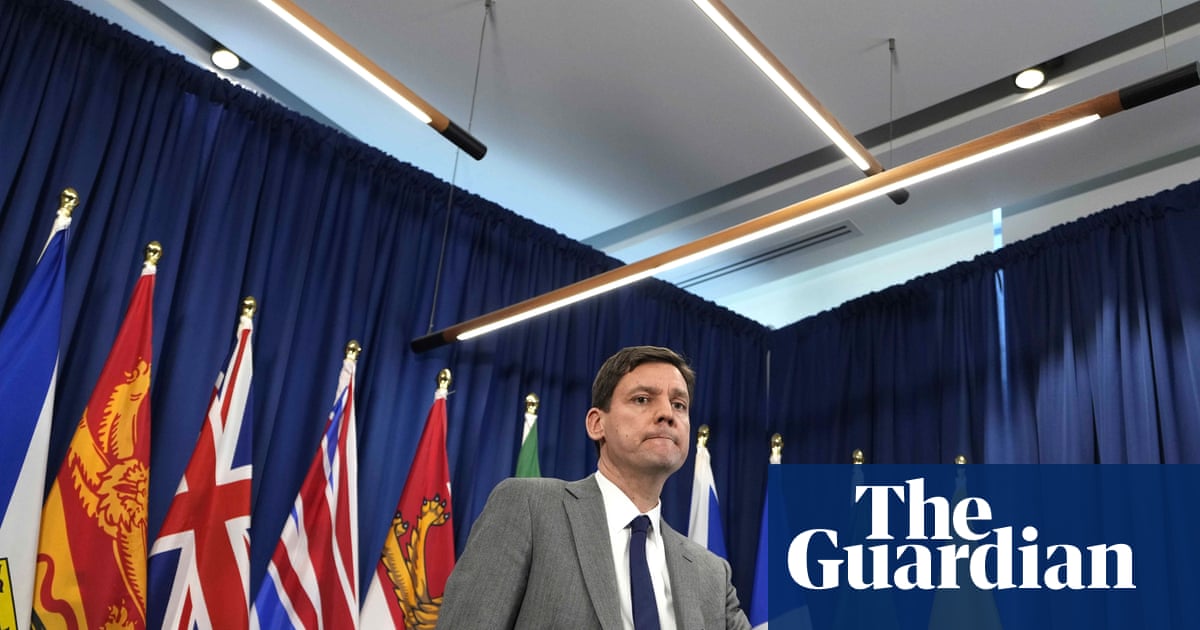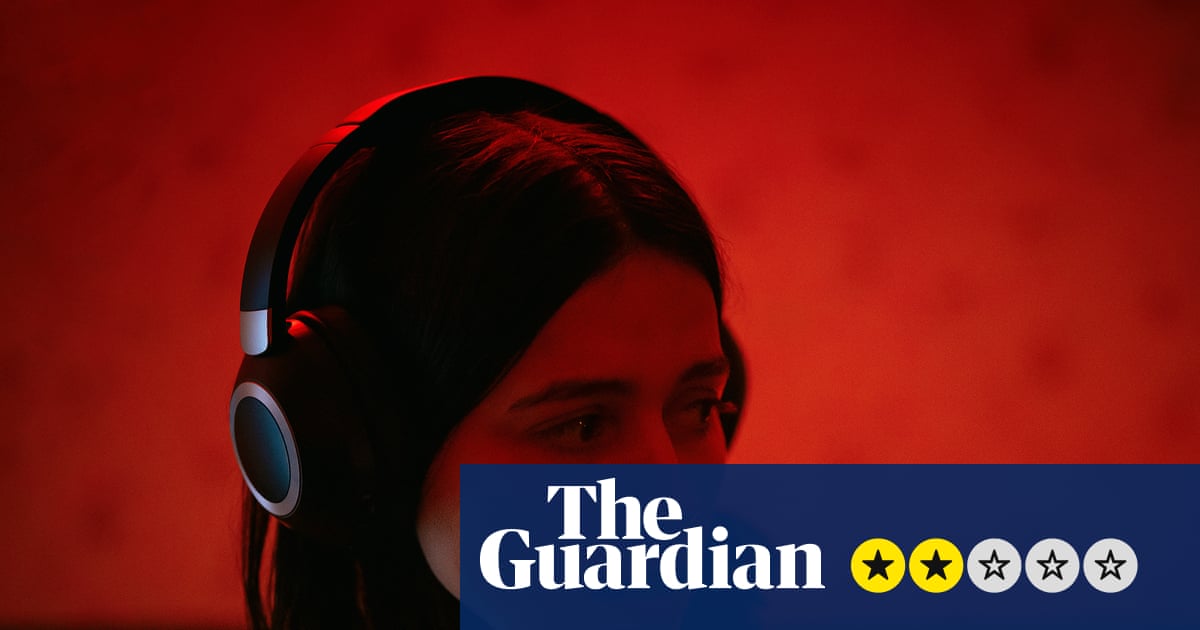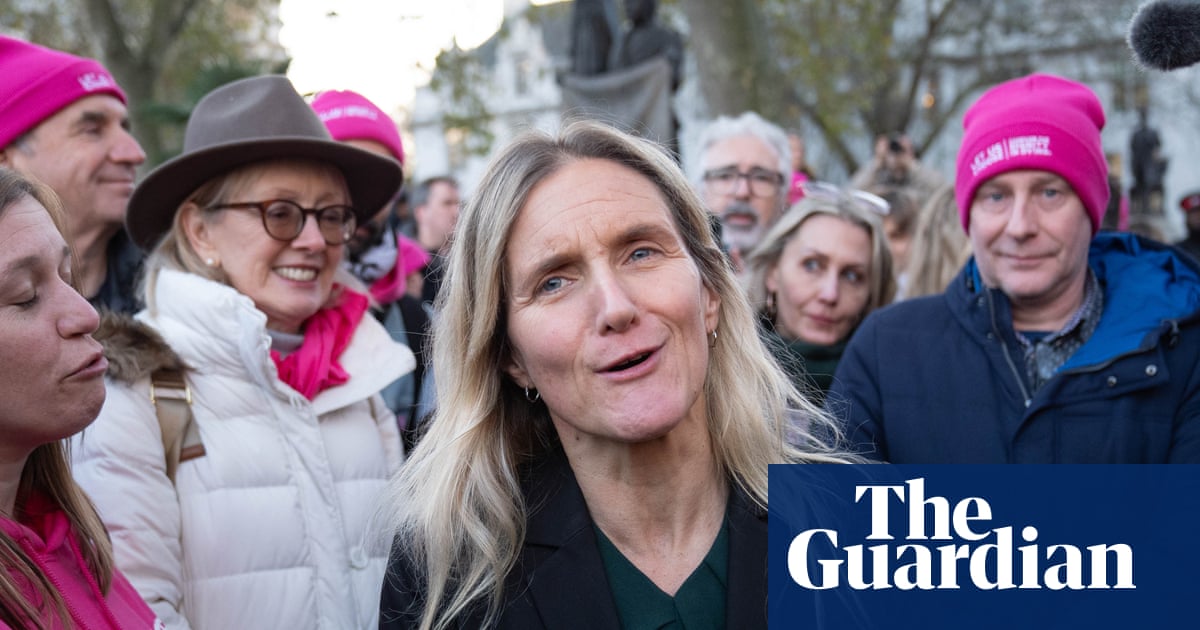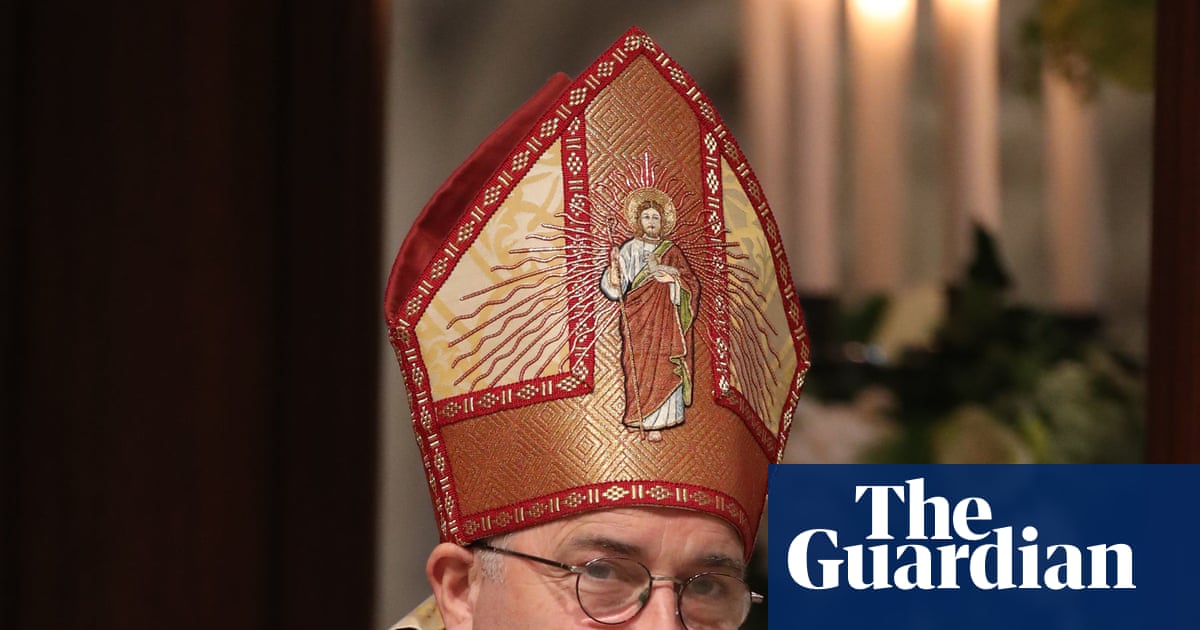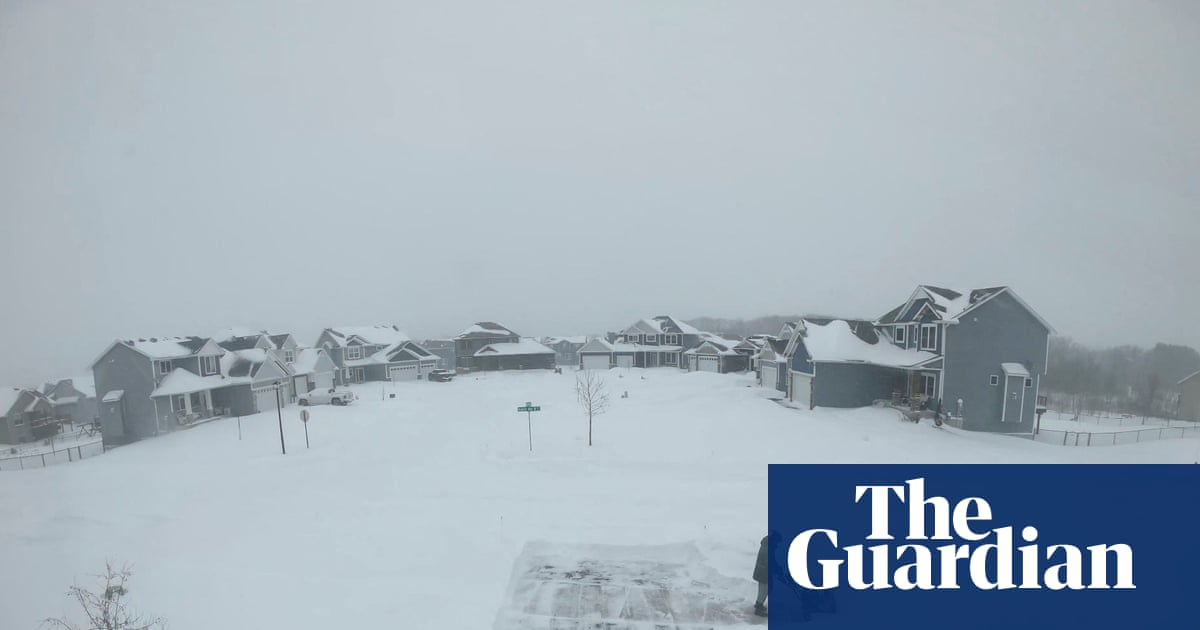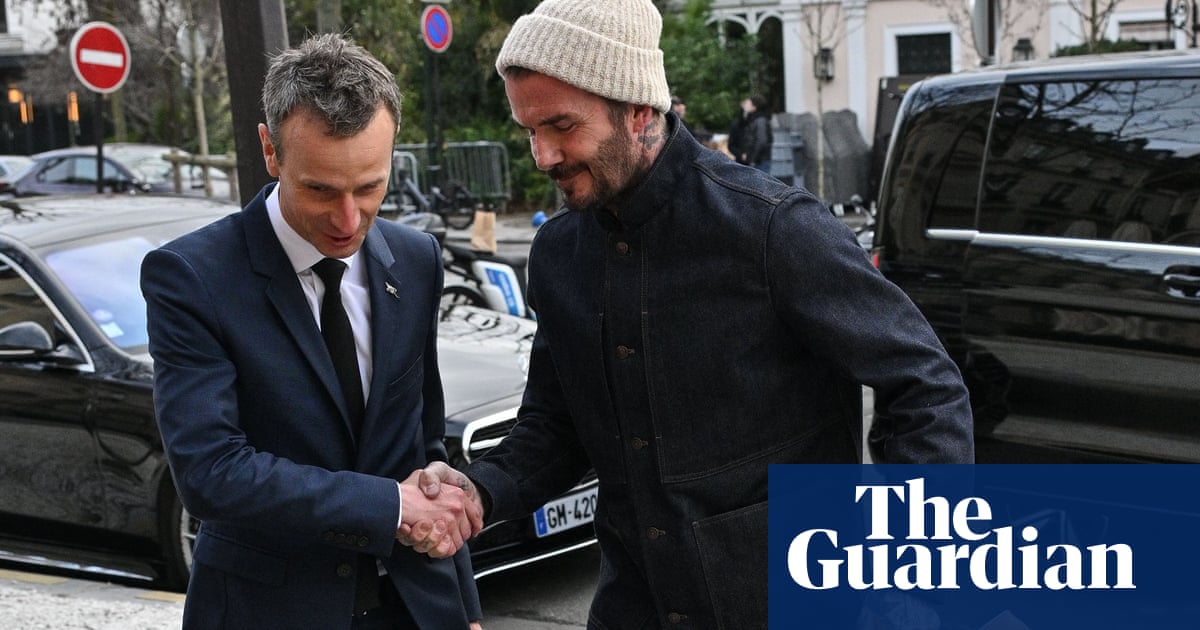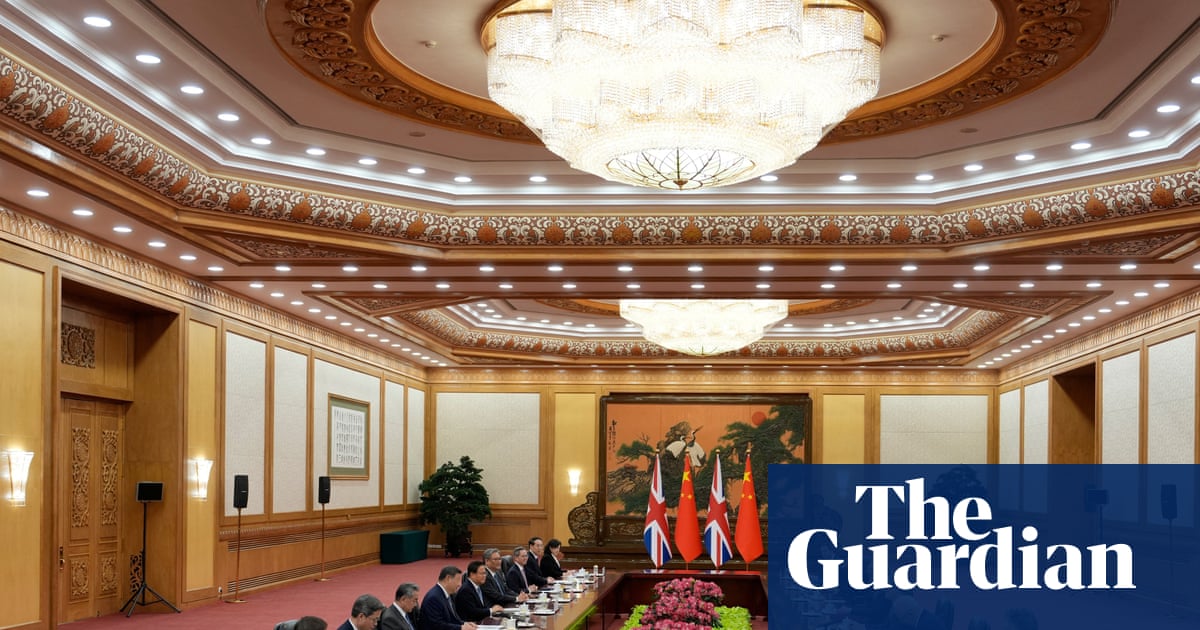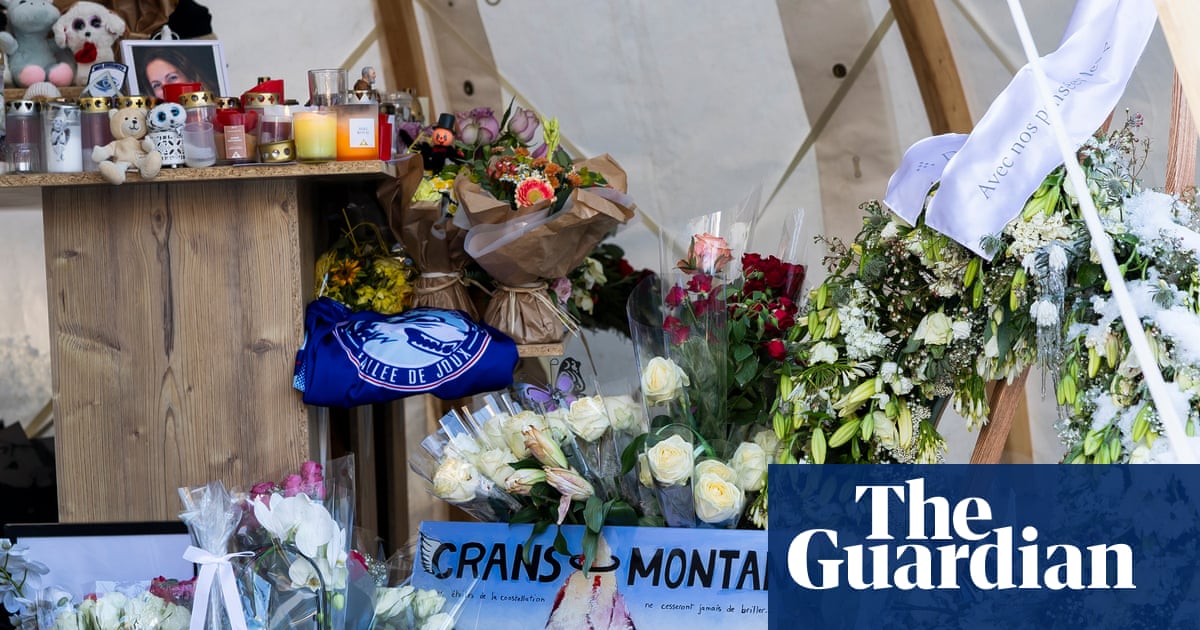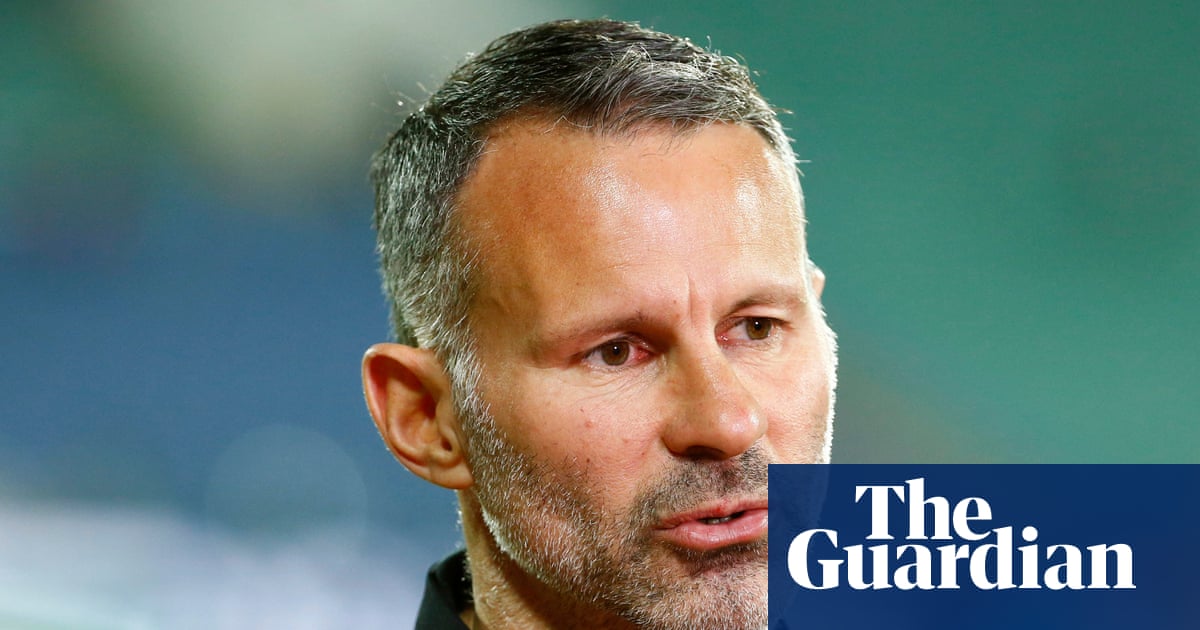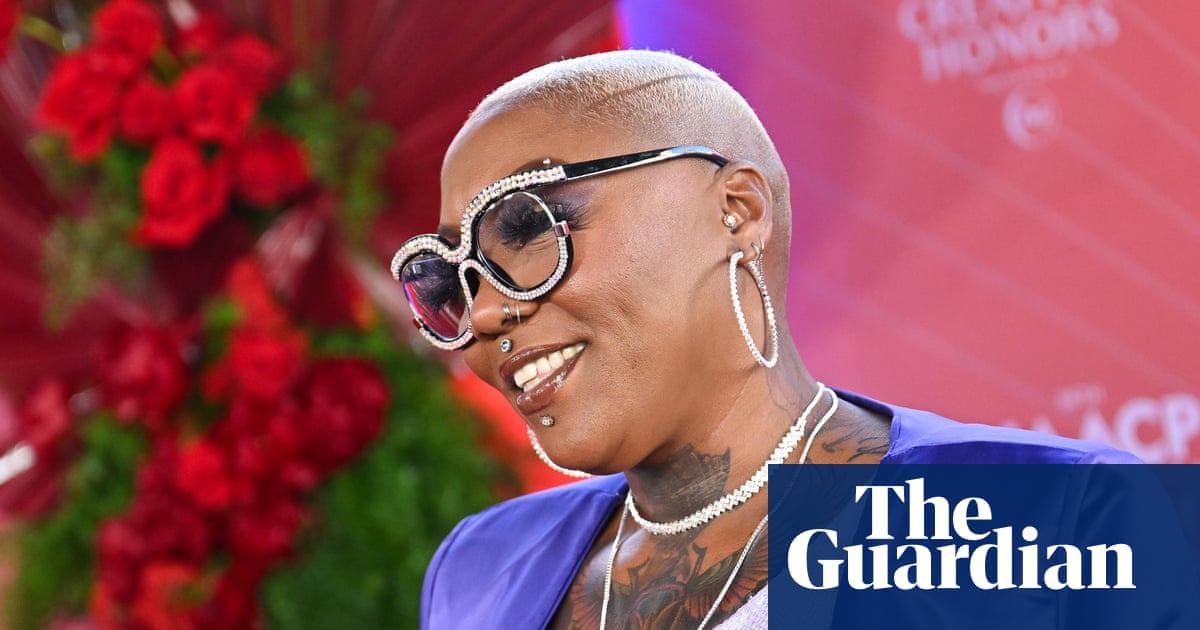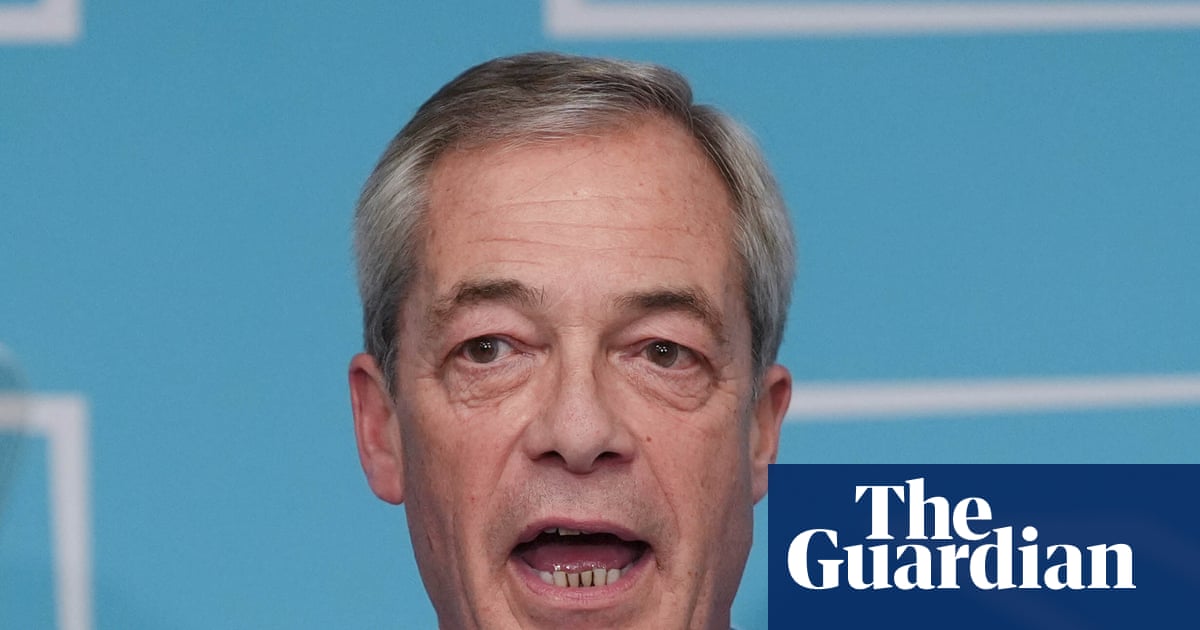A reporter at the heart of the BBC’s coverage of gender dysphoria has questioned claims that the corporation shows “systemic bias” on trans issues, saying it ran a series of reports without any interference.
Claims that the BBC had failed to properly cover gender and trans issues formed part of a memo alleging “serious and systemic problems” of bias at the corporation.
The memo, written by a former external adviser to the BBC and leaked to the Daily Telegraph, ultimately led to the resignations of the BBC’s director general, Tim Davie, and the head of BBC News, Deborah Turness.
Michael Prescott, the former external adviser to the BBC’s editorial guidelines and standards committee, wrote that there was “a constant drip-feed of one-sided stories”, with a bias towards a pro-trans rights lobby. The PR executive also alleged “effective censorship” from within the BBC on the topic.
Prescott said an exception was a series of reports on Newsnight about the treatment of children and young people questioning their gender identity.
However, Deborah Cohen, a reporter who took on controversial topics around gender dysphoria and its treatment, said the BBC had run several reports and that she had not experienced any internal attempts to stop or shape her reporting.
“The Prescott report highlights a couple of examples of stories that the BBC didn’t do on critical issues. It fails to point out the large number of impactful stories we did do,” she told the Guardian.
“Prescott highlights a couple of examples where other outlets covered issues the BBC didn’t. But at the time of our coverage, not many national outlets were reporting critically on the clinical and evidence-based aspects of gender medicine.
“A few specialist journalists told me it was too toxic to go near. Neither did many medical and scientific publications cover these issues in depth. The BBC, however, did – and this was at the height of the polarisation.
“It would be more accurate, and fairer, to acknowledge what was achieved despite the climate.”
Cohen said reports were broadcast on Newsnight and File on 4 and published on BBC News online. She said there were additional items on programmes such as The World at One and Woman’s Hour.
Her intervention appears to contradict the narrative of Prescott’s memo. “I reported about a dozen stories online and more reporting on BBC Newsnight,” she said. “This was a collaborative effort involving colleagues including Hannah Barnes, Emily Maitlis and Esme Wren, alongside our production, camera, graphics and booking teams.”
Asked if there were ever attempts within the BBC to stop or shape her reporting, she said: “Not in my experience. If there was, I was shielded from it. The editorial focus was always on evidence.
“It has been claimed that our work did not appear across all BBC output. That is untrue. But equally it is not unusual. Many major health investigations I have been involved in, including award-winning ones, have not been carried across every programme or bulletin – or not even made it online. This does not mean they were suppressed. It reflects how editorial priorities vary across the organisation.”
She added: “Any pressure I experienced came overwhelmingly from outside the BBC.”
There have been concerns within the BBC that Prescott has collated examples of alleged liberal bias across a series of issues and over several years.
Prescott has said his memo was not politically motivated and came out of frustration at a lack of action taken by the BBC when issues were put to it. He has been called to give evidence before the Commons culture, media and sport committee about his claims.

 2 months ago
44
2 months ago
44




